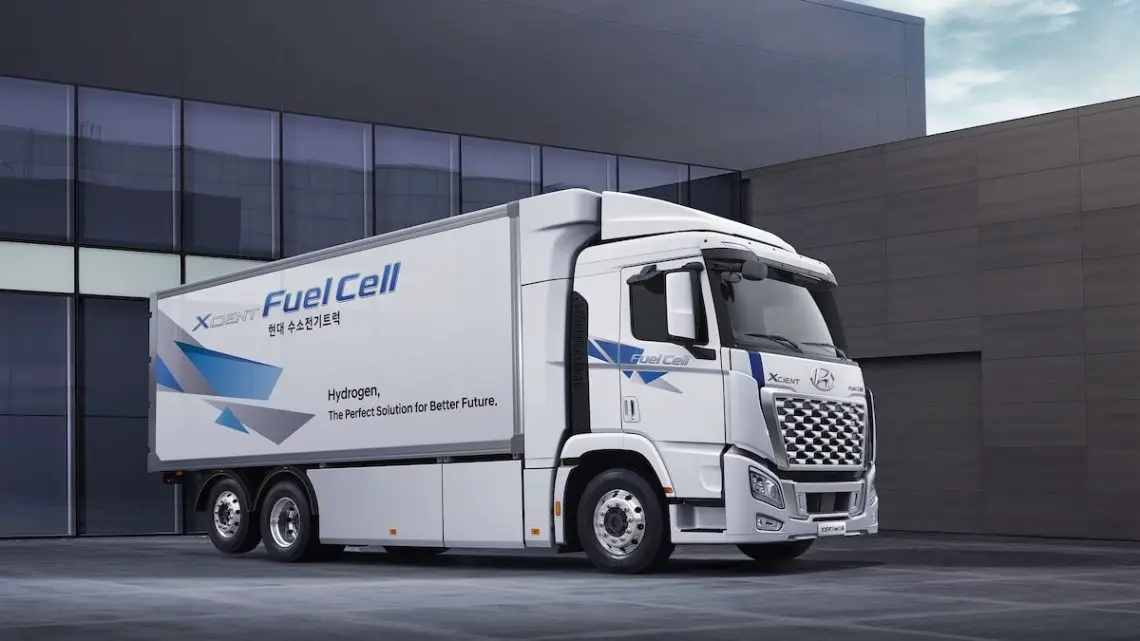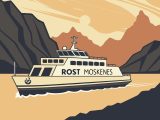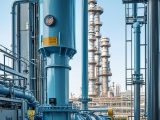
Hyundai’s XCIENT Truck Debut in Port Kembla
October 9, 2025On 07/10/2025, Hyundai Motor Company joined forces with Coregas and Advanced Manufacturing Queensland to roll out Australia’s very first commercially operated XCIENT Fuel Cell Truck. The big handover happened at the Port Kembla H2Station in New South Wales—the nation’s first hydrogen refuelling station designed just for heavy haulers. Backed by a $500,000 NSW Government grant, this move shifts hydrogen fuel cells from pilot projects to everyday freight work, turbocharging industrial decarbonization and beefing up local production chops.
- First commercial deployment of Hyundai’s XCIENT truck, with Coregas taking the wheel as the launch customer.
- Port Kembla H2Station goes live as Australia’s inaugural heavy-vehicle hydrogen fuelling hub.
- Advanced Manufacturing Queensland fine-tunes and certifies XCIENT trucks to handle Aussie roads and rules.
- This partnership shines a spotlight on zero-emission technology and the policy push behind it.
Setting the Stage
Hydrogen fuel cell vehicles have really matured since the early prototypes, turning into practical transport workhorses. Back in 2020, Hyundai kicked off its XCIENT truck rollout in Switzerland, and over 150 units are now logging millions of kilometres worldwide. Australia jumped on board in 2023 when the Port Kembla H2Station began piloting around 10 demo runs through 2024. Today’s official handover of the first commercial XCIENT means we’re moving from test drives to day-to-day logistics—thanks to local engineering know-how and strong government support.
Hydrogen Fuel Cell Technology at a Glance
The XCIENT Fuel Cell Truck packs about 9–12 kg of compressed hydrogen, pushing it roughly 400 km on a single fill. Its fuel cell stack whips up electricity through an electrochemical dance between hydrogen and oxygen, spitting out only water vapour. Some of the standout perks:
- Refuels in under 20 minutes at 700 bar—no coffee break required.
- Over 50% efficiency, leaving diesel engines eating its dust in energy conversion.
- Torque and performance that go toe-to-toe with any heavy-duty diesel rig.
- Quieter operation, less rattling, and zip-zero tailpipe emissions.
It also teams up with batteries to handle peak power demands, while a smart thermal management system keeps everything running smoothly under heavy loads.
Local Production and Infrastructure
At a Brisbane workshop, Advanced Manufacturing Queensland has the gear to validate and remanufacture up to 50 trucks annually, with a crew of about 20 engineers and techs. They tweak software, beef up radiators, and reinforce chassis parts so these trucks are dialled in for Australian roads.
Meanwhile, Coregas is keeping the taps flowing at Port Kembla’s H2Station. It can store up to 50 tonnes of hydrogen and pump out 30 kg an hour across several dispensers—enough juice to keep freight moving without hogging the station.
Industry Impact and Outlook
This rollout is a major leap from pilots to routine logistics:
- Emission cuts: Heavy-duty transport’s a tough nut to crack for CO₂ reduction, but hydrogen offers a real shot at slashing emissions.
- Supply chain benefits: Local remanufacturing and station builds are sparking new jobs and skill sets.
- Policy momentum: With that NSW Government grant, it ties right into state and national net-zero goals.
- Market leadership: As some international players scale back, Australia’s hands-on approach sets a new standard.
Looking down the road, fleet operators are eyeing total cost of ownership—many reckon hydrogen trucks will hit diesel price parity by the end of the decade as green hydrogen production ramps up and prices drop.
With Coregas ushering in the first Australian fleet of XCIENT trucks, what was once a demo is now a fully-fledged commercial service. And with more H2Stations on the horizon, hydrogen refuelling could become as routine as filling up with diesel, cementing its place in sustainable energy logistics and supercharging Australia’s hydrogen infrastructure.
About Hyundai Motor Company
Founded in 1967, Hyundai is a global car maker based in South Korea. The company’s leading the charge in alternative fuel vehicles, including the XCIENT Fuel Cell Truck.
About Coregas
Coregas is Australia’s biggest industrial gas supplier, specializing in hydrogen logistics and running the Port Kembla H2Station.
About Advanced Manufacturing Queensland
AMQ, part of the BossCap Group, zeroes in on vehicle validation, remanufacturing, and local heavy-vehicle production down under.



 With over 15 years of reporting hydrogen news, we are your premier source for the latest updates and insights in hydrogen and renewable energy.
With over 15 years of reporting hydrogen news, we are your premier source for the latest updates and insights in hydrogen and renewable energy.